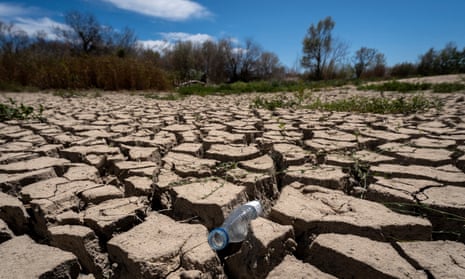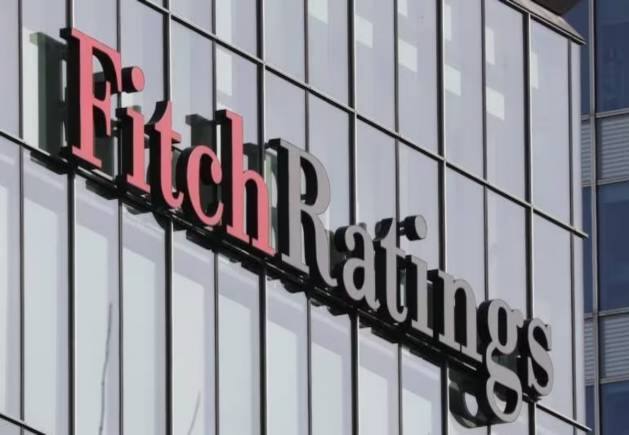
Global heating likely to hit world food supply before 1.5C, says UN expert
Water scarcity threatening agriculture faster than expected, warns Cop15 desertification president
The world is likely to face major disruption to food supplies well before temperatures rise by the 1.5C target, the president of the UN’s desertification conference has warned, as the impacts of the climate crisis combine with water scarcity and poor farming practices to threaten global agriculture.
Alain-Richard Donwahi, a former Ivory Coast defence minister who led last year’s UN Cop15 summit on desertification, said the effects of drought were taking hold more rapidly than expected.
“Climate change is a pandemic that we need to fight quickly. See how fast the degradation of the climate is going – I think it’s going even faster than we predicted,” he said. “Everyone is fixated on 1.5C [above pre-industrial levels], and it’s a very important target. But actually, some very bad things could happen, in terms of soil degradation, water scarcity and desertification, way before 1.5C.”
The problems of rising temperatures, heatwaves and more intense droughts and floods, were endangering food security in many regions, Donwahi said. “[Look at] the effects of droughts on food security, the effects of droughts on migration of population, the effect of droughts on inflation. We could have an acceleration of negative effects, other than temperature,” he said.
Poor farming practices were not helping, he said. “The degradation of soil comes with bad habits, and the way we do our agriculture will lead to degradation of the soil. When the soil is affected, the yield is affected,” he said.
Donwahi called on private sector investors to get involved and take advantage of opportunities for turning a profit. “The private sector has an interest in agriculture, and the better usage of the soil. We’re talking about [improving] yields. We’re talking about agroforestry, which is another way the private sector can have a return on investment,” he said. “We have to be innovative, to find new vehicles for finance.”
Governments around the world signed a treaty pledging to combat desertification in 1992, alongside the UN framework convention on climate change, which is the parent treaty to the 2015 Paris climate agreement, and the UN convention on biodiversity, which aims to safeguard species abundance.
But the desertification treaty gains least attention, and last year’s Cop15 on desertification went largely unnoticed compared with the climate Cop27 and the biodiversity Cop15 last December. Desertification Cops are held less frequently than climate summits: the next desertification conference will be held in Riyadh in December 2024, while the next climate summit, Cop28, will be in Dubai in late November.
Donwahi said the world could not afford to ignore desertification. “We need to solve all the problems together. Desertification and drought leads to climate change, leads to loss of biodiversity. And when you have climate change you have droughts, floods, storms.
“It’s not only the poor countries, everybody is in the same boat [on food security]. Climate change, droughts, storms, floods don’t know any boundaries, they don’t need a visa to go into a country.”
after newsletter promotion
Rich countries should look to Africa for the solutions to the climate crisis, he added. Africa enjoys many of the natural resources – from minerals required for renewable energy technology, to forests, sun and vast groundwater reserves – needed to cut greenhouse gas emissions, improve food security and preserve biodiversity.
“Africa is a continent of solutions. It’s a continent where you have the most natural resources. The people who have the finance should help the people who have the natural resources. It’s a win-win situation, a partnership situation,” he said.
He called on Africans to seize these opportunities. “If the Africans realise that Africa is a solution, they will act differently – they will come with a more positive attitude, that you’re fighting to find solutions together. That’s how we should think – you don’t want to always be the one waiting for the help, for the handout, waiting cap in hand.”





















